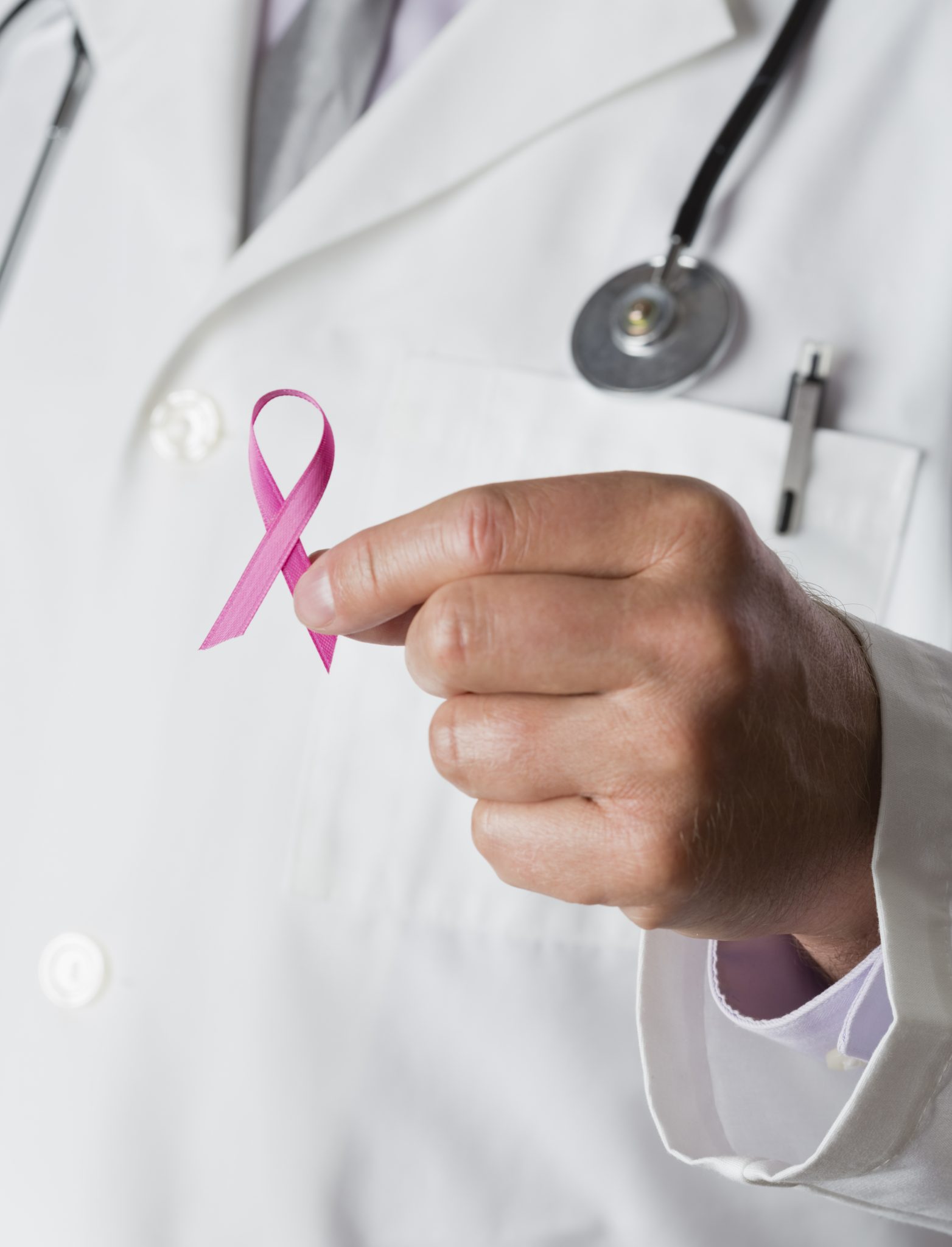209
Screenings and prevention – those are the first words that come to mind for two Minden physicians when they think of breast cancer awareness.
October is breast cancer awareness month, and Dr. Denise Webb, family practitioner, and Dr. Clay Marais
October is breast cancer awareness Month
previous post



